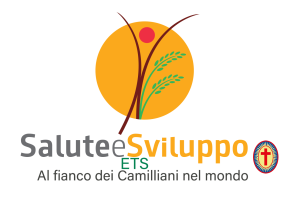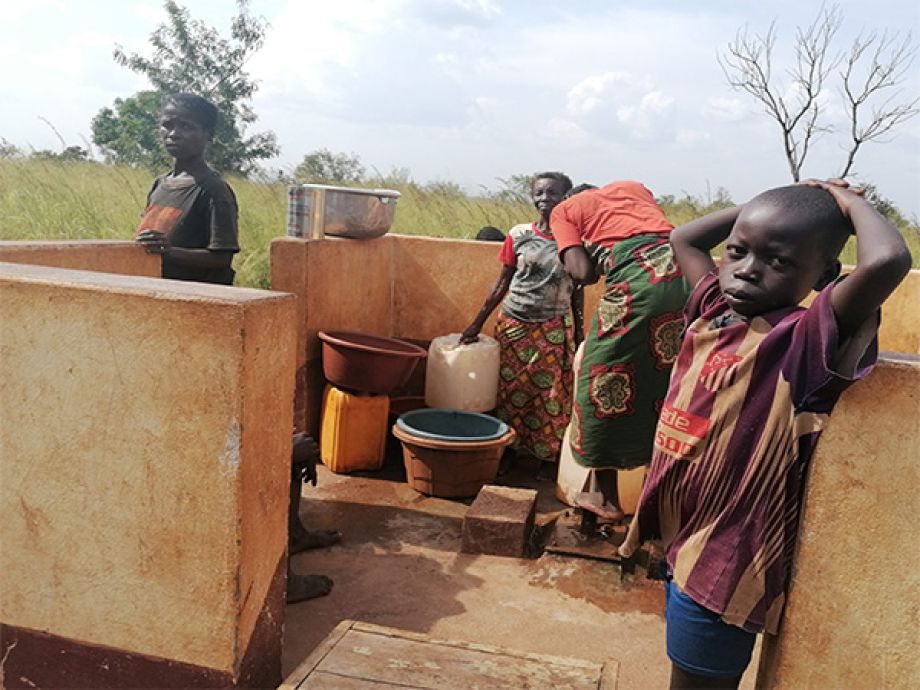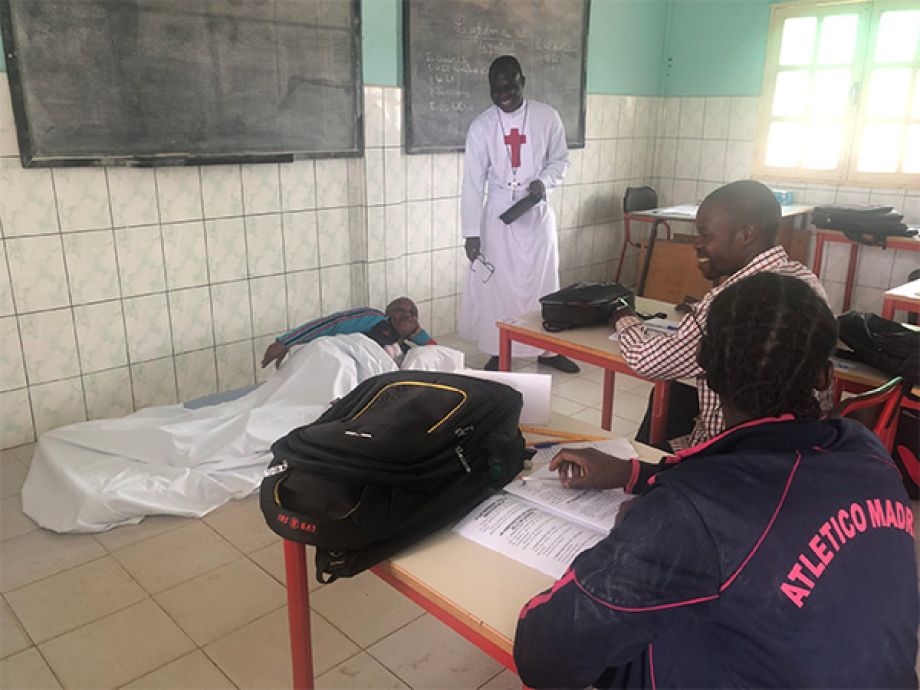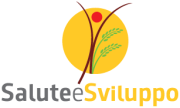MANY ACHIEVEMENTS IN BOSSEMPTÉLÉ
Not many months have passed since we told you about our project Health and Nutrition for the Vulnerable Population of the Sub-Prefecture of Bossemptélé, which is part of the ‘Emergency Initiative in Support of the Vulnerable Population in the Central African Republic’ funded by the Italian Agency for Development Cooperation (AICS), and whose aim is to improve the living conditions of the population of the Bossemptélé Sub-Prefecture, which is particularly tried by the instability in the country. Translated with www.DeepL.com/Translator (free version)
The Central African Republic has never enjoyed such tranquillity as to allow it to grow and prosper; on the contrary, it has had to contend with numerous coups d’état and as many dictators who, acting without scruples, have allowed the exploitation of the country’s resources, without a thought for the increasingly sacrificed population. The situation in recent years has been particularly difficult: rebel groups have clashed several times with state forces, causing violence and deaths, especially among the most vulnerable population.
In this complex context, the John Paul II Hospital played a key role, providing a point of reference for the population of the sub-prefecture. Despite the clashes and violence, the hospital has always continued to operate and provide support.
Our project starts with the John Paul II Hospital with the intention of increasing its capacity to respond adequately to the needs and requirements of the population. Before our intervention, the facility did not have a proper emergency room in which to receive urgent patients. Now the renovation and extension work on the premises is almost complete and by the end of the project – December 2022 – it is also planned to provide the emergency department with all the necessary furniture and machinery.
Another deficiency found within the hospital concerned the nutritional aspect: a triple problem considering that most of the patients are in a serious state of malnutrition upon admission, that food is necessary to ensure a proper course of treatment and rehabilitation, and that most of those who come from the neighbouring villages, once they arrive in the city, do not have the possibility of buying anything at the local market due to the excessively high prices.
For these reasons, it was decided to build a canteen to provide three full meals a day – based on cereals, meat or fish – for the in-patients, who can thus follow a correct diet and sufficient caloric intake to aid their recovery. The canteen service is also offered to relatives from afar who care for patients in severe need. Currently, more than 2250 meals per month are provided.
In order to improve the quality of the hospital’s services, it was necessary to train 38 in-service health workers in specialist disciplines such as obstetrics and ophthalmology. The training courses are already leading to a significant improvement in hospital performance.
One of the most ambitious components of our intervention is the strengthening of the medical centres located in the villages surrounding Bossemptélé, where services are almost non-existent. Thanks to the AICS-funded project, we have rehabilitated – or in some cases built from scratch – several postes de santé, each of which has a well with access to drinking water. The work is almost complete and the population of the villages of Gbawi, Bodangui, Bombalou and Yangoro already has access to basic health services, without having to make the journey to the city of Bossemptélé, unless strictly necessary for the treatment of more complex illnesses.
Not only qualitative reinforcement of the hospital and postes de santé, but also a mobile clinic service that, twice a week, visits the most difficult-to-reach villages, providing treatment and health education with awareness-raising meetings on prevention and first aid.
Thanks to the support of AICS, our work in the Central African Republic has reached new heights that we hope will mark the beginning of a better life for many people living in the sub-prefecture of Bossemptélé.
This article was produced within the framework of the project Health and Nutrition for the Vulnerable Population of the Subprefecture of Bossemptélé AID 05/RCA/12049/2021 funded by the Italian Development Cooperation Agency. The contents of this publication are the sole responsibility of the author and do not necessarily represent the views of the Italian Development Cooperation Agency. The Italian Development Cooperation Agency is not responsible for information that is considered erroneous, incomplete, inadequate, defamatory or in any way reprehensible.







